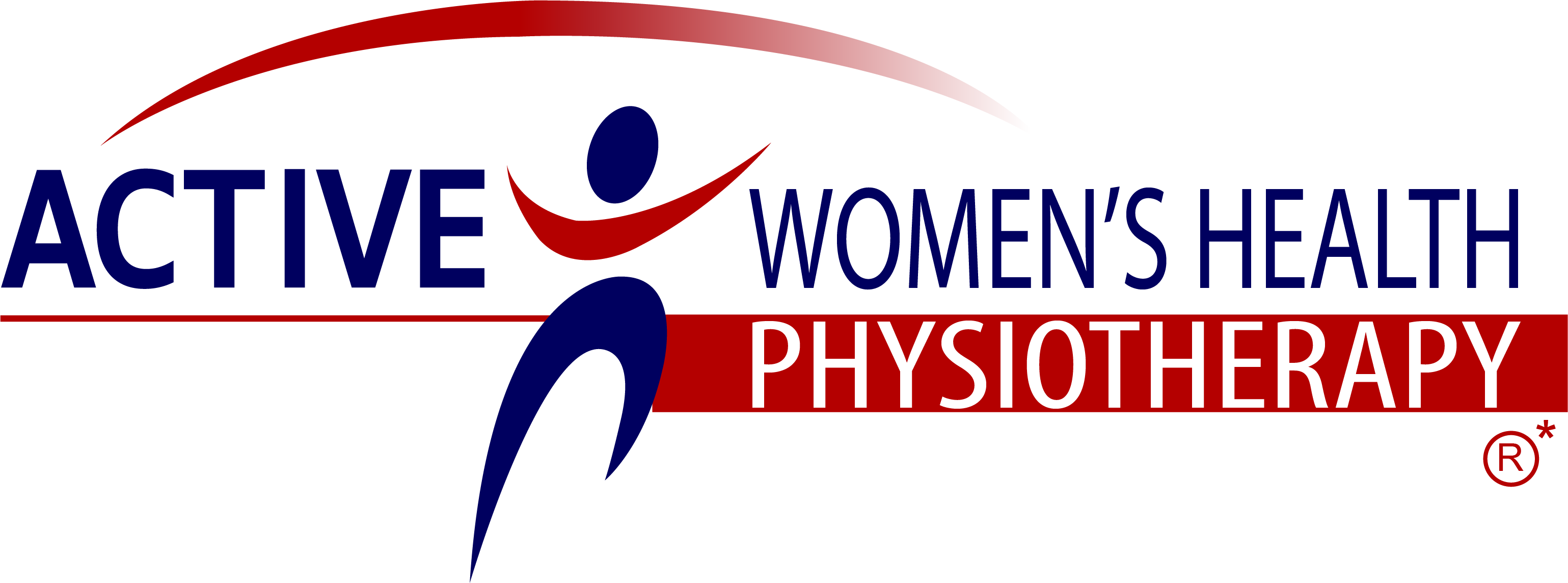Well it’s taken a while but here we are at the end of the prolapse talk – the final step in managing prolapse and boy is it important!
Thankfully these days, women are understanding the value of exercise for many reasons – prevention of osteoporosis, good heart health, assisting in weight management and in a general sense of well-being, especially useful in managing anxiety and depression. In fact I have written a blog before about exercise as a prescription for good health and here the critical bit:
………the report states: “There is evidence for the benefits of exercise in many forms of disease. It is effective, inexpensive, with a low side-effect profile and can have a positive environmental impact. Despite this, there remains a reluctance within the medical profession to use exercise as a treatment.” (Royal College of Physicians Exercise for life: Physical activity in health and disease. London RCP,2012).
So the message keeping moving and exercising is very important but what everyone needs to be aware of the exercise needs to be done in a ‘pelvic floor safe’ way.
What does pelvic floor safe exercising involve?
- Avoid sit-ups, curl ups, crunches, double leg lifts, full plank, lifting excessive weights at the gym
- Do push ups and the plank from the knees
- If there is prolapse (vaginal/rectal) avoid high impact sport (running, netball, high impact aerobics)
- If you need to run – talk to a doctor or WH Physio about using a tampon or vaginal pessary as splint
- Take care with Pilates, Yoga, high impact sports
To finish this series on the 5 Step Plan for Managing Prolapse I thought I would finish with more from that blog of mine on exercise that contains one of my favourite quotes.
If the evidence is compelling that if we sit all day we are likely to live a shorter life. And the evidence is compelling that due to computers, Facebook, Twitter, Blogging and iPhones we are sitting more and more for longer and longer. And the evidence is compelling that exercise releases endorphins and can be important in the management of anxiety, depression and chronic pain conditions. Therefore, when I found this quote I felt compelled to share it with you…….
Every morning in Africa a gazelle wakes up. It knows it must move faster than the lion or it will not survive.
Every morning a lion wakes up and it knows it must move faster than the slowest gazelle or it will starve.
It doesn’t matter if you are the lion or the gazelle, when the sun comes up, you better be moving.”
(from Maurice Greene attributed to Roger Bannister shortly after running the first sub-4 min mile.)

Great info, Sue! Suggestion – is it possible to have a link on each of the 5 parts of this to each of the other 4 parts so that one can easily access the others? I’ve been sharing them on my FB page for my practice and people appreciate it! Cheers! Tracy Sher, MPT, CSCS
Great suggestion Tracy- not sure how but will look into it
If you know how …let me know
I could do it for you in 5 minutes, but hard to explain 🙂